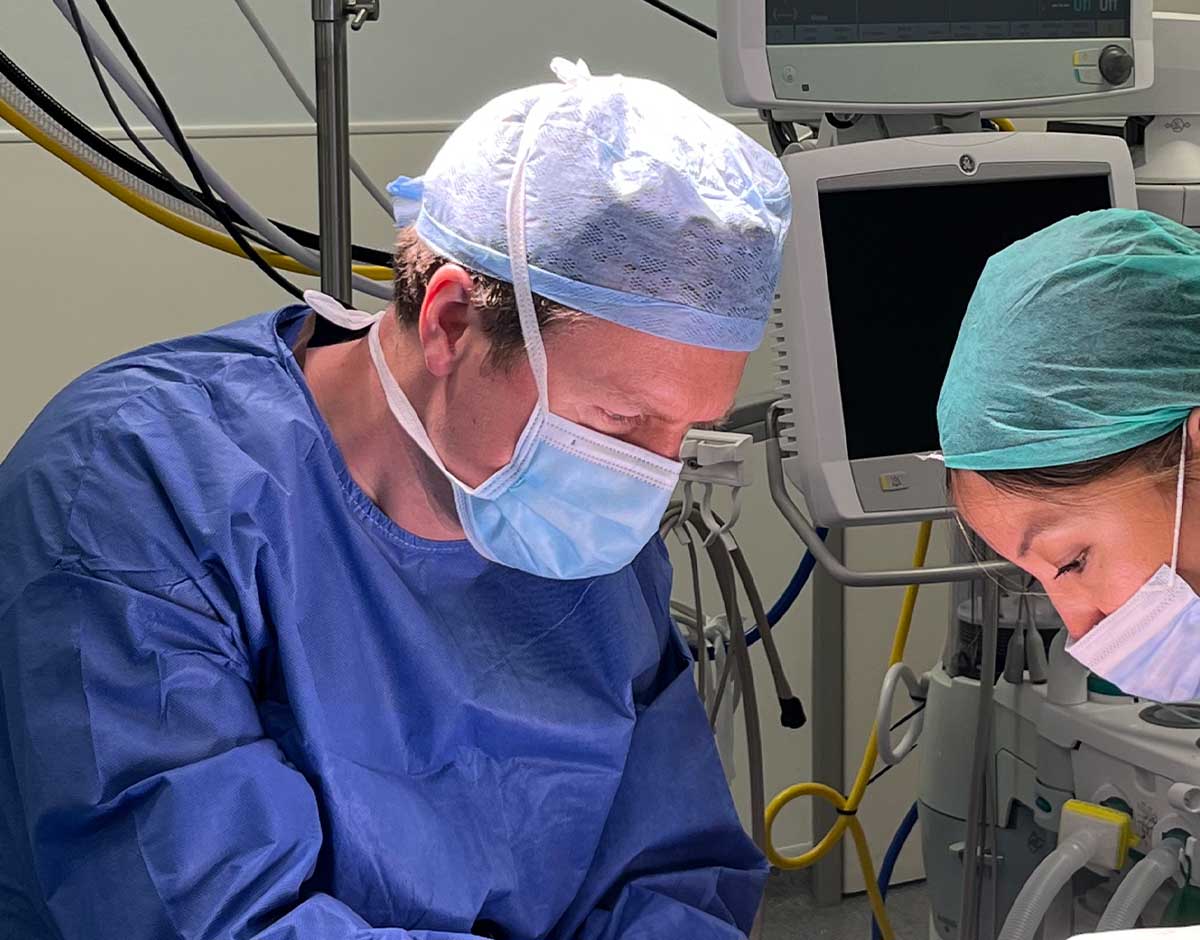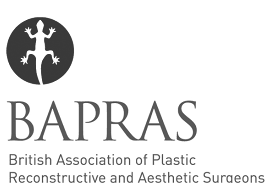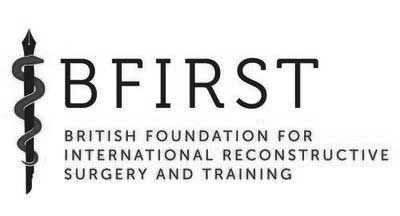-
What is Basal Cell Carcinoma surgery?
Basal Cell Carcinoma surgery is the principal treatment for the most prevalent form of any cancer, Basal Cell Carcinoma. It’s a type of skin cancer that typically develops on areas of the skin that are exposed to the sun, such as the face, scalp, and neck. The surgery involves removing the cancerous cells from the affected area, nearly always under local anaesthetic.
-
Do I need Basal Cell Carcinoma surgery?
Basal Cell Carcinoma surgery is suitable for nearly all individuals who have been diagnosed with Basal Cell Carcinoma, and the options and processes involved will be discussed in detail.
-
What happens at your first Basal Cell Carcinoma surgery appointment?
Jonathan will discuss the subtype of basal cell carcinoma and review the anatomical location of it, considering the extent and severity of the cancer. He may also perform a biopsy to confirm the diagnosis. Once the cancer has been confirmed he will discuss the available treatment options with you, including surgical removal. This appointment serves as an important step in developing your individualised treatment plan.
-
How painful is Basal Cell Carcinoma surgery?
The procedure is often performed under local anaesthetic, which means that only the surgical site is numbed and you’ll remain awake during the surgery. Some minor discomfort or pressure may be felt during the local anaesthetic injections, and numbing cream can be applied first which reduces this a little. After the surgery, any pain or discomfort you experience can usually be managed with over-the-counter pain medications.
-
How long does Basal Cell Carcinoma surgery take?
The duration of the surgery depends on the size and location of the tumour. For smaller tumours, it can take just 15 minutes. Larger or more complex tumours may require more extensive surgery, which could prolong the duration of the procedure, potentially up to 1-2 hours.
-
What results can I expect from my Basal Cell Carcinoma surgery?
This surgery aims to remove the cancerous cells completely while minimising scarring and preserving the function and appearance of the affected area. The success rate of Basal Cell Carcinoma surgery is high with complete excision, providing a low risk of recurrence. However, it’s important to be aware that individual experiences may differ, and it is advisable to follow up with regular check-ups and screenings to monitor any potential reoccurrence or new growths. Incision lines typically mature over several months, becoming paler and flatter. Moisturising and massaging are the mainstay of post-operative scar management, while laser and micro-needling can speed up the scar maturation process.
-
Are there any risks associated with Basal Cell Carcinoma surgery?
Infection is a risk with any surgical procedure, but Jonathan will take maximum precautions to prevent this. An small risk is prominent scars, particularly if the tumour is large or located in a cosmetically sensitive area. Again, Jonathan will do his best to minimise any scarring, much of which depends on the surgical techniques and scar management after the procedure. He will run through all potential risks that may occur with you, when you have your consultation with him.

Basal Cell Carcinoma
Skin Cancer
Basal Cell Carcinoma is a low grade skin cancer and the commonest form of any cancer. Basal Cell Carcinoma surgery involves removal of the skin cancer, preventing further growth and deeper extension with the aim of curing it. Reconstruction of the wound is frequently required, especially on the face. This requires a detailed assessment of the patient’s normal anatomy and the wound, and mobilising local tissue as a local flap or occasionally using a skin graft may be needed. By removing the tumor and reconstructing the skin, this surgical procedure not only treats Basal Cell Carcinoma, but also restores the normal anatomy, contours and shape. Occasionally, basal cell carcinomas may be treated with chemotherapy creams, light therapy or radiotherapy.
What happens during Basal Cell Carcinoma surgery?
There are two main methods used to remove this type of skin cancer: surgical excision and Mohs surgery. Surgical excision involves cutting out the tumour along with a margin of healthy skin around it. Mohs surgery involves removing the cancer and analysing the completion of the removal on the same day, whereas surgical excision usually takes one week for this result. Mohs surgery has a slightly lower incomplete excision rate. With both methods, reconstruction of the wound usually occurs at the same time.
After the tumour has been removed, the next step is wound closure. In some cases, the wound can be left to heal on its own, especially if it’s small. However, in cases where the tumour was large or deep, specialist reconstruction techniques involving local flaps (mobilising nearby tissue) and occasionally skin grafts may become necessary.
Jonathan Dunne, specialist in Basal Cell Carcinoma surgery
Jonathan possesses specialist expertise in successfully treating this type of skin cancer, as well as in facial surgery and in particular nose, eyelid, and ear reconstruction. This can be invaluable for those who require additional facial reconstruction following the removal of Basal Cell Carcinomas. He is a knowledgeable surgeon who can provide the specialised care to achieve a successful outcome.
Faqs | Basal Cell Carcinoma
“I highly recommend Mr Dunne’s treatment. From start to finish it was a brilliant service. It was also a pleasure to meet Mr. Dunne who was very kind and skilled at his work.”
Client Review











